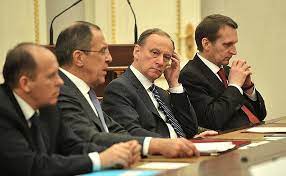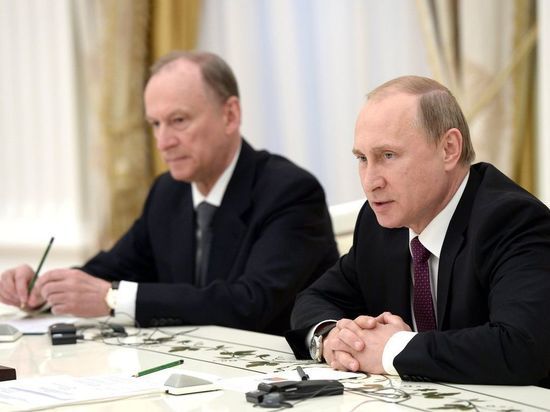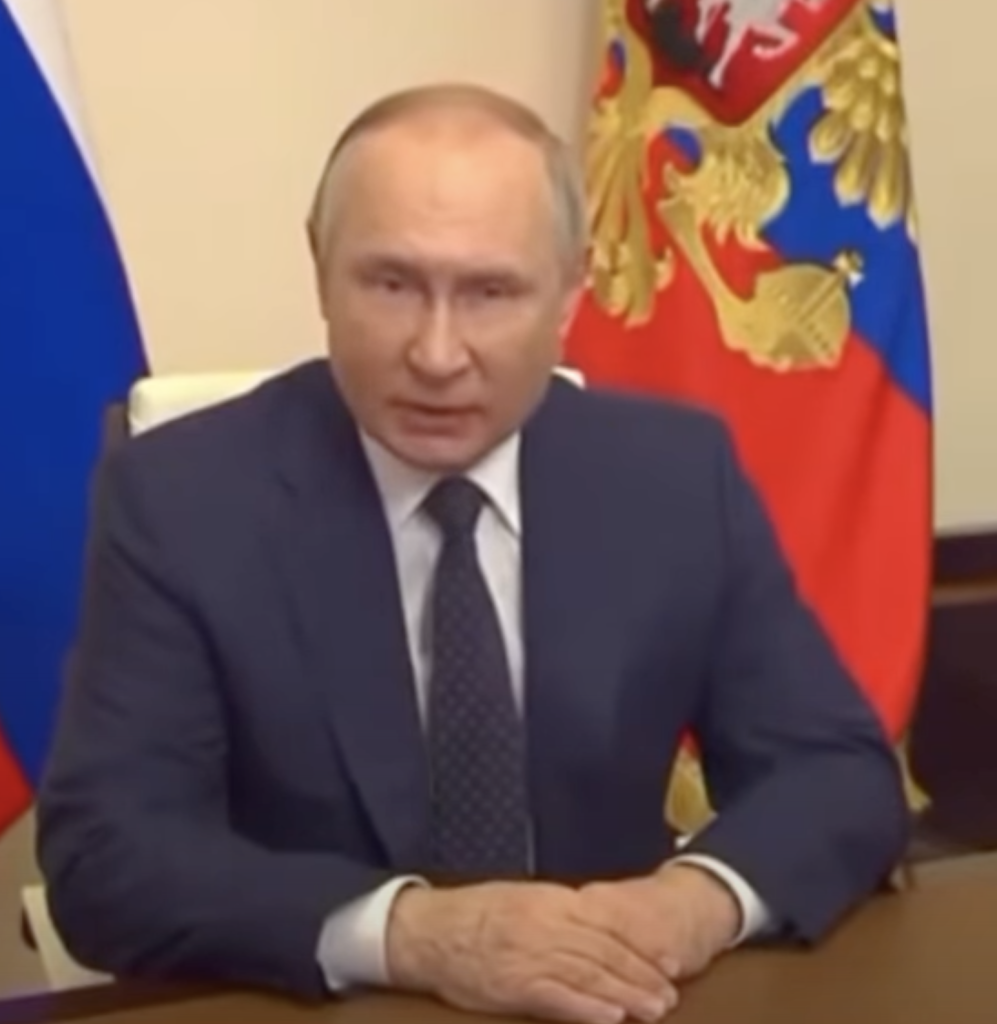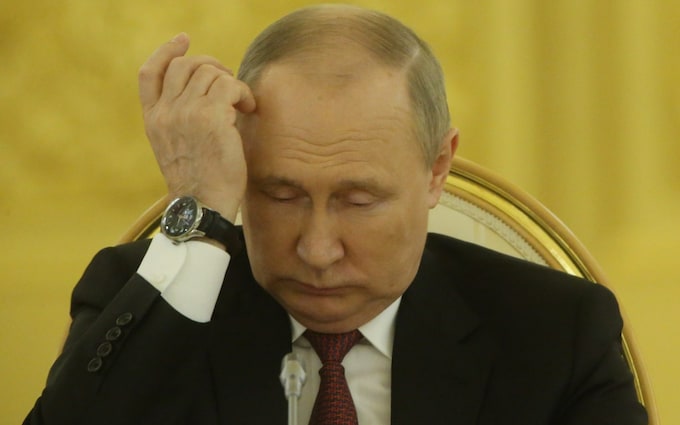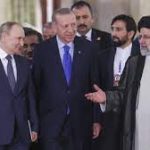According to unconfirmed reports, in late June, Dmitry Medvedev, the deputy head of the Security Council, committed suicide attempt in a state of alcoholic intoxication. Knowing about Medvedev’s alcohol abuse and mentally infirm condition caused by a loss of vision of his own political prospects, the information looks more than plausible.
Over recent months, against the background of the war with Ukraine, Medvedev started making extremely radical and aggressive statements. After the death of Vladimir Zhirinovsky, the leader of the Liberal Democratic Party, who was famous for extremely aggressive statements and threats against the West, Medvedev took his niche, although such rhetoric was not typical for him before. Therefore, it is still not clear either Medvedev himself initiated these statements, or he sounded the Kremlin’s theses, previously voiced by Zhirinovsky, or the Kremlin used him without his knowledge taking advantage of his alcohol abuse. The last two hypotheses are more likely taking into account the text of Medvedev’s alleged suicide note, which was found by a cleaning lady and handed over to security officers. According to sources close to the Head of the Security Council, Patrushev, Medvedev blamed Putin, Yuri Kovalchuk, Nikolai Patrushev, Alexander Bortnikov and Igor Sechin for his death, and complained about being used as a puppet. Such behavior model can be regarded as despair since the situation is developing according to a destructive scenario personally for him. We estimate that Medvedev’s suicide attempt information, regardless of its reliability, appeared with the aim to discredit him, demonstrate his weakness and remove him from the role of Putin’s successor. In this context, indenting to monopolize influence in the Security Council Patrushev may step in it.
At the same time, Minister of Defense Shoigu, who before the war in Ukraine was considered as Putin’s successor and the key influencer on Putin, suddenly lost his former confidence after failure of the operation in Ukraine. In recent weeks, Shoigu has been actively misinforming the President, making statements about false successes in the Donbass. He continues misinforming Putin about losses of the Russian army in Ukraine. It proves Shoigu’s intentions to stay in the chair of the Minister of Defense, although Putin’s confidence has been completely lost. Putin rarely dismisses people of this rank not to show his mistakes. The Minister of Defense is a convenient figure who can be blamed for the failure of the operation in Ukraine, thereby evading leaders of the SVR and the FSB. Therefore, we consider it is likely that ultimately Shoigu will be brought to guilty. This decision will be consolidated by the security forces who will persuade Putin to make this appropriate decision that might be quite radical.
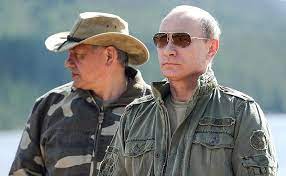
Read also: Signs of military coup in Russia
On July 18, the same source close to Patrushev informed about preventing an assassination attempt on the head of the Security Council by allegedly poisoning and who was saved by security officers who hospitalized him in time. This information also appeared against the backdrop of a discussion about Putin’s successor, including Patrushev, who replaced Shoigu. It is possible that in this tricky way the head of the Security Council is trying to get Putin’s more support.
Perhaps, the assassination attempt on Patrushev is connected with the events of last autumn, when he allegedly prevented the poisoning attempt on Vladimir Putin committed by a group of conspirators from his bodyguard team.
All the processes in the environment of the President over the last 1.5 months are closely connected with the power transfer. The struggle turn to the attempts of competitors’ physical elimination clearly indicates that Putin’s removal from office is inevitable and his entourage is stricken with panic due to uncertainty and competition.
Despite some outer health improvements of the Russian president after cancer surgical operation, the whole complex of diagnosis in the short term will make the disease progressive. In this regard, we share the expectations that by the end of this year Putin will be incapable of performing his duties.
It is likely that such a prospect and activation of the struggle for the presidency forced Putin to bring his daughter Ekaterina Tikhonova into game as his potential successor; he has already appointed her as the co-chair of import substitution coordination council at the Russian Union of Industrialists and Entrepreneurs. This scenario requires Tikhonova to be appointed as prime minister; in case of legal capacity loss, according to the Constitution, Putin’s place will be taken by the prime minister. The resignation of Prime Minister Mishustin will mark this even development.
The Kremlin may try to present Tikhonova’s promotion in terms of a parallel with Catherine II, given Putin’s attempts to play the role of Peter the Great, that he announced publicly. Perhaps the appointment of Denis Manturov as deputy head of government is aimed at accelerating Tikhonova’s preparation for the prime minister position. Manturov is a creature of Sergey Chemezov, CEO of the Rostec Corporation, who is close to Putin and is not politically ambitious.


